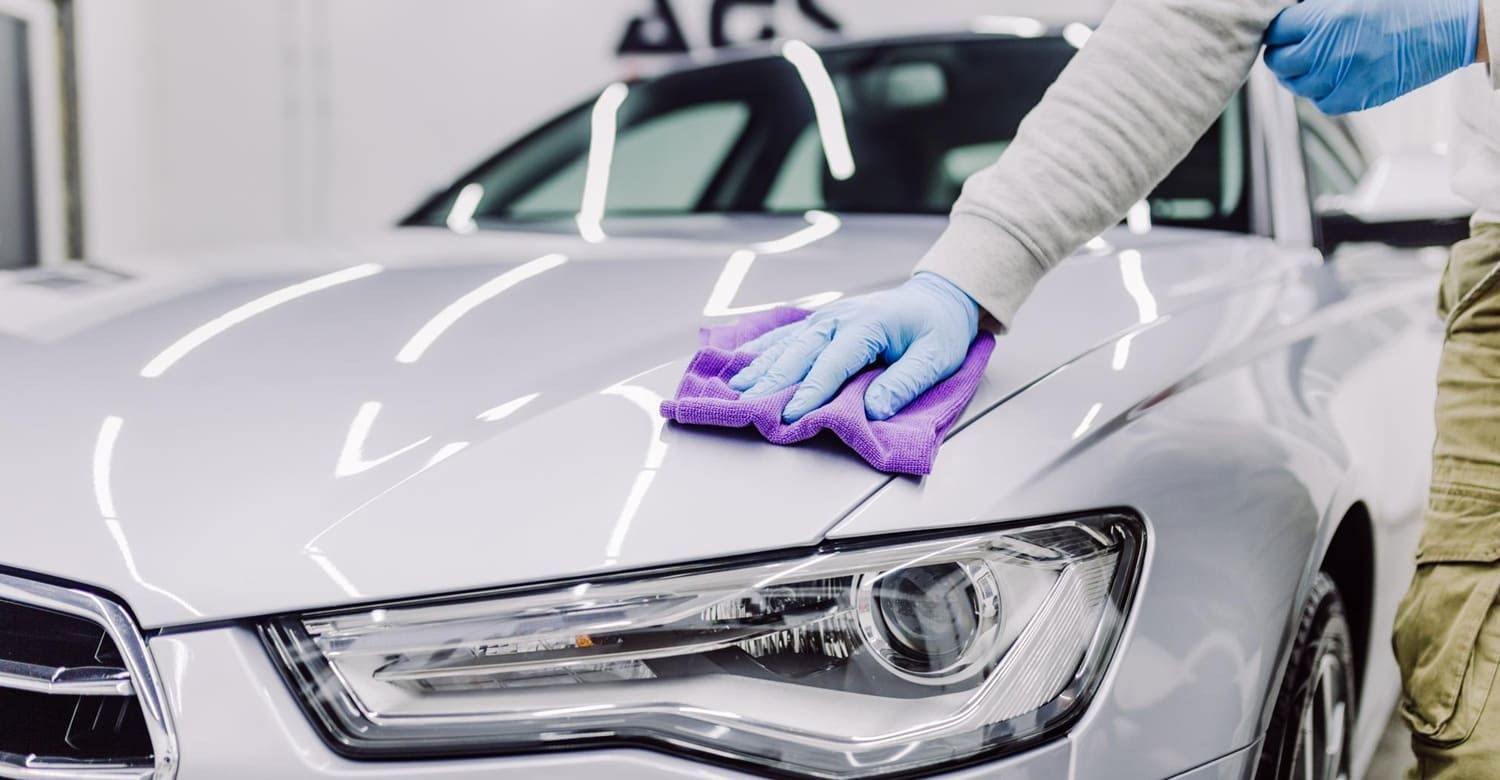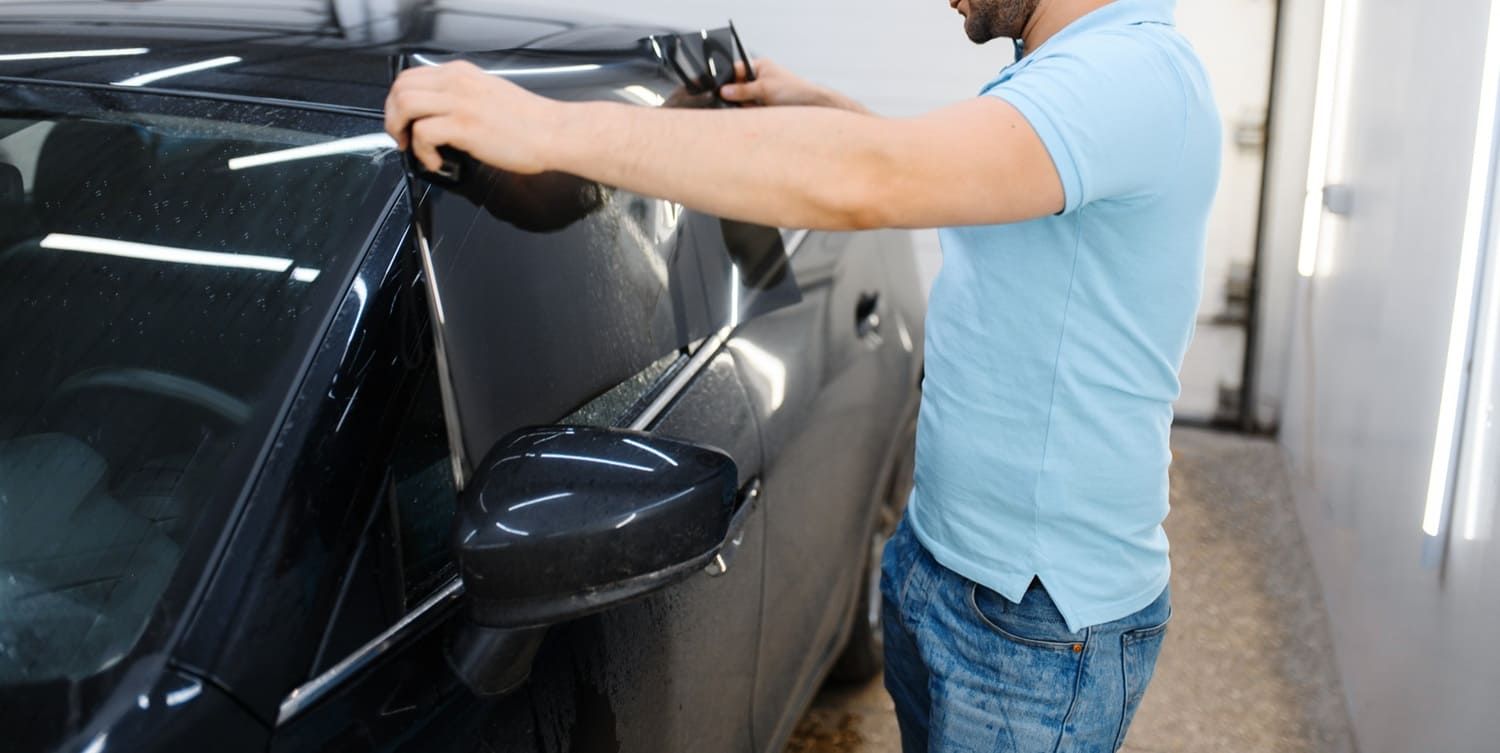Everything You Need to Know About Car Window Tinting Laws in 2025
In 2025, car window tinting laws are more relevant than ever. With advancements in technology and growing awareness about safety and privacy, understanding these laws is crucial for every vehicle owner. The increasing use of window tinting for both aesthetic and functional reasons makes it essential to stay informed. This guide will walk you through the essential aspects of car window tinting laws in 2025, helping you stay informed and compliant. Whether you're considering tinting for protection against UV rays or for privacy, knowing the legal boundaries will ensure you make the right decisions.

What Are Car Window Tinting Laws?
Car window tinting laws regulate how dark or reflective your vehicle's windows can be. These laws are set to ensure driver safety and visibility, as well as to prevent illegal activities that could be concealed by overly dark windows. Each state in the United States has its own specific regulations, and it's important to be aware of them if you plan to tint your car windows. While the federal government provides some guidelines, the state-specific laws can vary significantly, affecting what is permissible in terms of tint darkness and reflectivity. Staying informed about these regulations can save you from potential fines and ensure your vehicle remains road-legal.
Understanding these laws involves knowing the different parameters like percentage of darkness allowed, reflectivity, and the specific windows they apply to. For instance, while some states may allow darker tints on rear windows, they might have stricter regulations for front side windows. These laws are not only about aesthetics; they play a significant role in road safety and law enforcement. As technology evolves, so do these laws, which now also consider the implications of smart and adaptive tinting technologies. Keeping abreast of these changes ensures that you not only comply with the law but also leverage the benefits of the latest tinting technologies.
Why Do We Have Window Tint Laws?
Understanding the purpose behind window tint laws can help you appreciate their importance. Here's why these laws exist:
Ensuring Safety
Visibility is a key factor in driving safety. Overly dark tints can reduce visibility, increasing the risk of accidents. Laws ensure that drivers maintain a clear view of their surroundings. This becomes particularly important during nighttime driving and in adverse weather conditions where visibility is already compromised. By regulating tint darkness, laws aim to create a safer driving environment for everyone on the road. Furthermore, standardized tinting helps in the quick identification of vehicles, contributing to a more organized traffic system.
Protecting Law Enforcement
Law enforcement officers need to see inside vehicles during traffic stops for their safety. If windows are too dark, it can pose a threat to officers and others. Transparency during traffic stops is crucial for ensuring that interactions between police and motorists remain safe and secure. By allowing officers to see inside, tint laws help prevent potentially dangerous situations. Additionally, these regulations assist in maintaining a level of trust and cooperation between the public and law enforcement agencies by ensuring transparency.
Preventing Crime
Dark windows can be used to conceal illegal activities. Tint laws help in deterring such activities by making it difficult to hide behind tinted windows. This is particularly relevant in areas with higher crime rates, where overly dark tints could be used to obscure illegal activities within the vehicle. By limiting the darkness of window tints, authorities can more effectively monitor and prevent crime, contributing to overall public safety. Moreover, these laws help in quick identification and verification of vehicle occupants during emergency situations, enabling law enforcement to respond more effectively.
Understanding the Terms: VLT and Reflectivity
Before diving into specific laws, it's important to understand two key terms: Visible Light Transmission (VLT) and reflectivity.
Visible Light Transmission (VLT)
VLT refers to the amount of light that can pass through your window tint. It is expressed as a percentage. The lower the VLT, the darker the tint. For example, a 20% VLT means only 20% of light passes through, making it quite dark. Understanding VLT is crucial as it directly affects how much you can see out of your windows and how much others can see inside. This measurement helps determine the level of privacy and protection from sunlight that a tint provides, balancing comfort with legal compliance.
Reflectivity
Reflectivity is about how much a tint can reflect light. Some tints have a mirrored appearance, which can be distracting to other drivers. Laws often regulate the level of reflectivity allowed. Reflectivity not only affects the appearance of your vehicle but also the safety of others on the road. High reflectivity can cause glare, which is hazardous during both day and night driving. Understanding and complying with reflectivity regulations is essential for maintaining road safety and avoiding penalties.
Car Window Tinting Laws by State in 2025
Each state has its own set of rules regarding car window tinting. It's crucial to know the specific laws in your state to avoid fines or penalties. These laws reflect local climate conditions, driving safety concerns, and public safety priorities. Staying informed about your state's regulations can help ensure your vehicle remains compliant while meeting your personal needs for comfort and privacy.
Florida Car Window Tint Law 2025
In Florida, the laws for car window tinting in 2025 are as follows:
- Windshield: Non-reflective tint is allowed above the manufacturer's AS-1 line.
- Front Side Windows: Must allow more than 28% of light in.
- Back Side Windows: Must allow more than 15% of light in.
- Rear Window: Must allow more than 15% of light in.
Florida also specifies that the tint must not be more than 25% reflective. These laws take into consideration Florida's bright, sunny climate, allowing for some degree of tinting to provide comfort from heat and glare while ensuring safety. The specific reflectivity limit helps prevent glare that could impact other drivers, particularly during the intense Florida sun.
California Tint Laws
- Windshield: Tinting is only allowed on the top 4 inches.
- Front Side Windows: Must allow more than 70% of light in.
- Back Side Windows: Any darkness can be used.
- Rear Window: Any darkness can be used.
California prohibits any tint that is more reflective than a standard window. These regulations are influenced by the state's diverse driving conditions, from sunny coastal areas to foggy inland regions. By allowing darker tints on rear windows, California provides flexibility for those seeking privacy and UV protection while maintaining safety on front side windows. The restriction on reflectivity ensures that all drivers have a clear, unobstructed view of the road.
Texas Tint Laws
- Windshield: A strip of non-reflective tint is allowed on the top 5 inches.
- Front Side Windows: Must allow more than 25% of light in.
- Back Side Windows: Any darkness can be used.
- Rear Window: Any darkness can be used.
The reflectivity must not exceed 25%. Texas's laws reflect the state's vast and diverse landscape, where driving conditions can vary greatly. The regulations provide comfort from the harsh Texas sun while ensuring that all drivers maintain a clear view of their surroundings. By limiting reflectivity, Texas helps prevent glare-related incidents, promoting safer driving experiences for everyone on the road.
Exceptions and Medical Exemptions
Certain exceptions and exemptions can apply to window tint laws, recognizing that some individuals and vehicles may have specific needs that standard regulations do not address.
Medical Exemptions
Some states allow medical exemptions for individuals with conditions that require them to avoid direct sunlight. If you have a medical condition, you can apply for an exemption, but this typically requires a doctor's note. Medical exemptions are crucial for individuals with conditions such as lupus or photosensitivity disorders, allowing them to safely and comfortably drive. It's important to carry the necessary documentation while driving to avoid complications during traffic stops.
Classic Cars and Special Vehicles
Classic cars and certain special-purpose vehicles may have different regulations. Always check with your local DMV for specific rules. These vehicles often have historical or functional reasons for needing different tint specifications, such as preserving interior materials or meeting unique design standards. Understanding these exemptions ensures that owners can enjoy their vehicles legally and responsibly.
Consequences of Non-Compliance
Failing to comply with window tint laws can lead to several consequences:
- Fines and Penalties: You may face fines if your vehicle's tint doesn't comply with state laws.
- Failed Inspections: Vehicles with illegal tints may fail safety inspections.
- Increased Scrutiny: Non-compliant vehicles may attract more attention from law enforcement.
Non-compliance can result in recurring fines, as you may be required to remove or replace illegal tints. Moreover, a failed vehicle inspection can prevent you from legally operating your vehicle until the issue is resolved. The increased scrutiny from law enforcement can lead to more frequent stops and inspections, disrupting your driving experience.
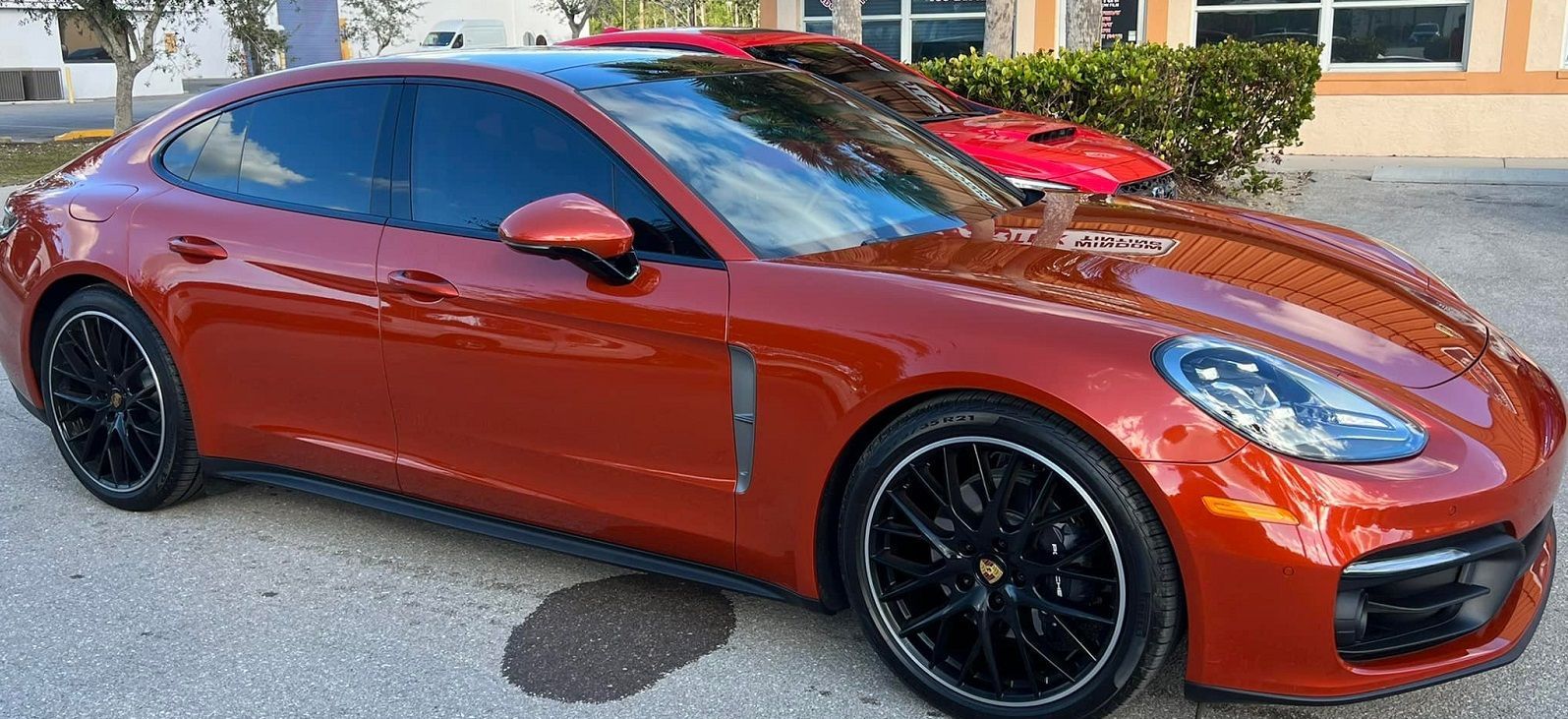
How to Ensure Compliance
To ensure you're following the law, consider these steps:
Consult Professionals
When getting your windows tinted, always consult professionals who are familiar with the latest laws. They can guide you on choosing the right tint for your state. Professional installers are often updated with changes in regulations and can ensure that your tint meets legal standards. This consultation can save you from costly mistakes and provide peace of mind knowing your vehicle is compliant.
Regularly Check Regulations
Laws can change, so it's important to stay updated on the latest regulations. Check your state's DMV website or consult legal resources for the most current information. Regularly reviewing these resources ensures you're aware of any changes that might affect your vehicle's compliance. Staying informed can help you avoid unexpected fines and keep your vehicle legal and safe.
Use Certified Products
Choose window tints that are certified to comply with your state's regulations. Certified products are often labeled with their VLT percentage, making it easier to choose the right one. Certified products provide assurance that they meet the necessary legal standards for your region. This not only helps in maintaining compliance but also ensures that you receive a quality product that performs effectively.
Conclusion
Understanding car window tinting laws in 2025 is crucial for any vehicle owner. At Solartex Window Tinting in Fort Myers, FL, we ensure you stay informed and compliant with the latest regulations. These laws are in place to ensure safety, protect law enforcement, and deter crime. By staying informed and compliant with the laws in your state, you can enjoy the benefits of window tinting without any legal issues.
Always consult professionals like Solartex Window Tinting, stay updated with regulations, and choose certified products for the best results. Our expert team is dedicated to providing high-quality tinting services that adhere to all legal standards. By adhering to these guidelines with the help of Solartex Window Tinting, you contribute to a safer driving environment while enjoying the aesthetic and functional benefits of window tinting.
Remember, informed choices today can lead to hassle-free driving experiences tomorrow. Contact us for a free estimate and let our professionals assist you in achieving the perfect window tint for your vehicle.

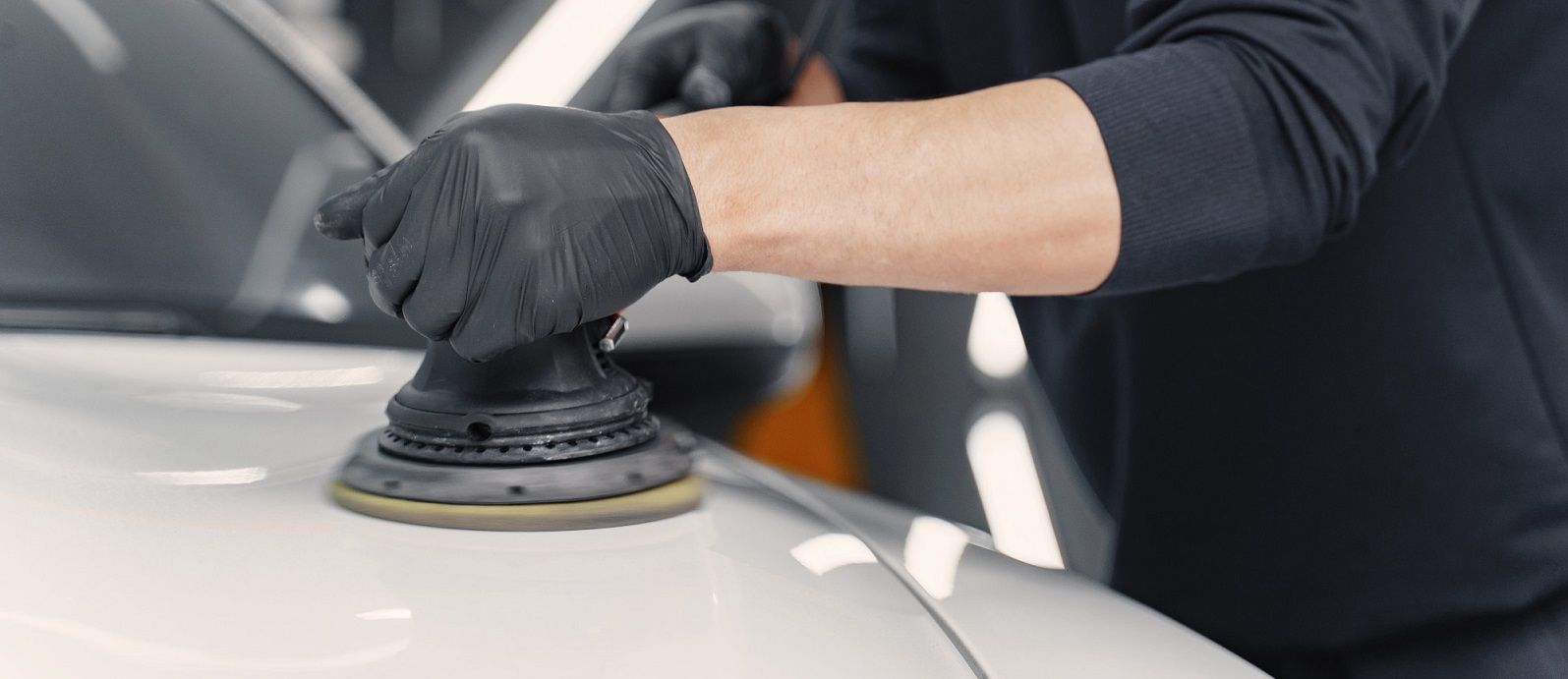
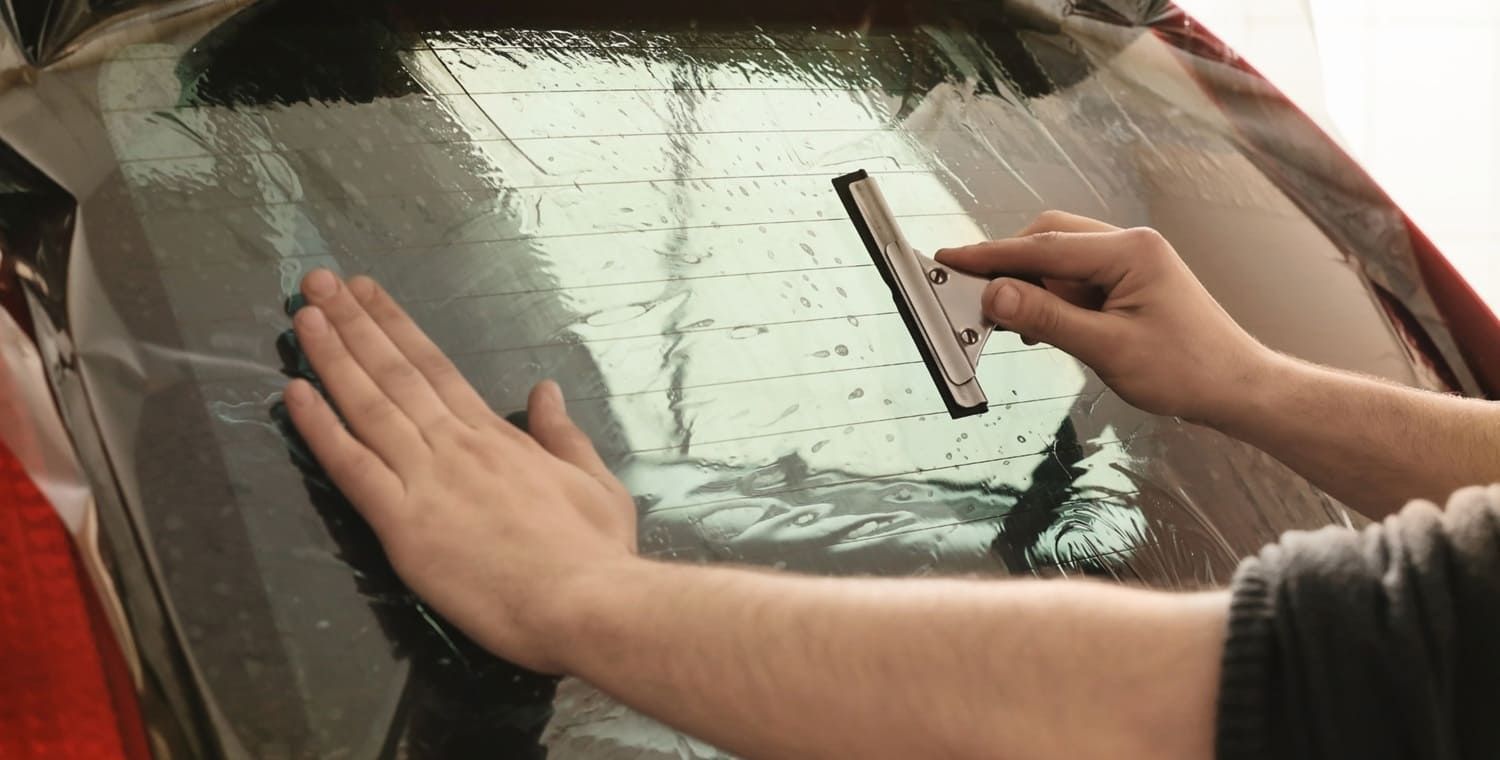

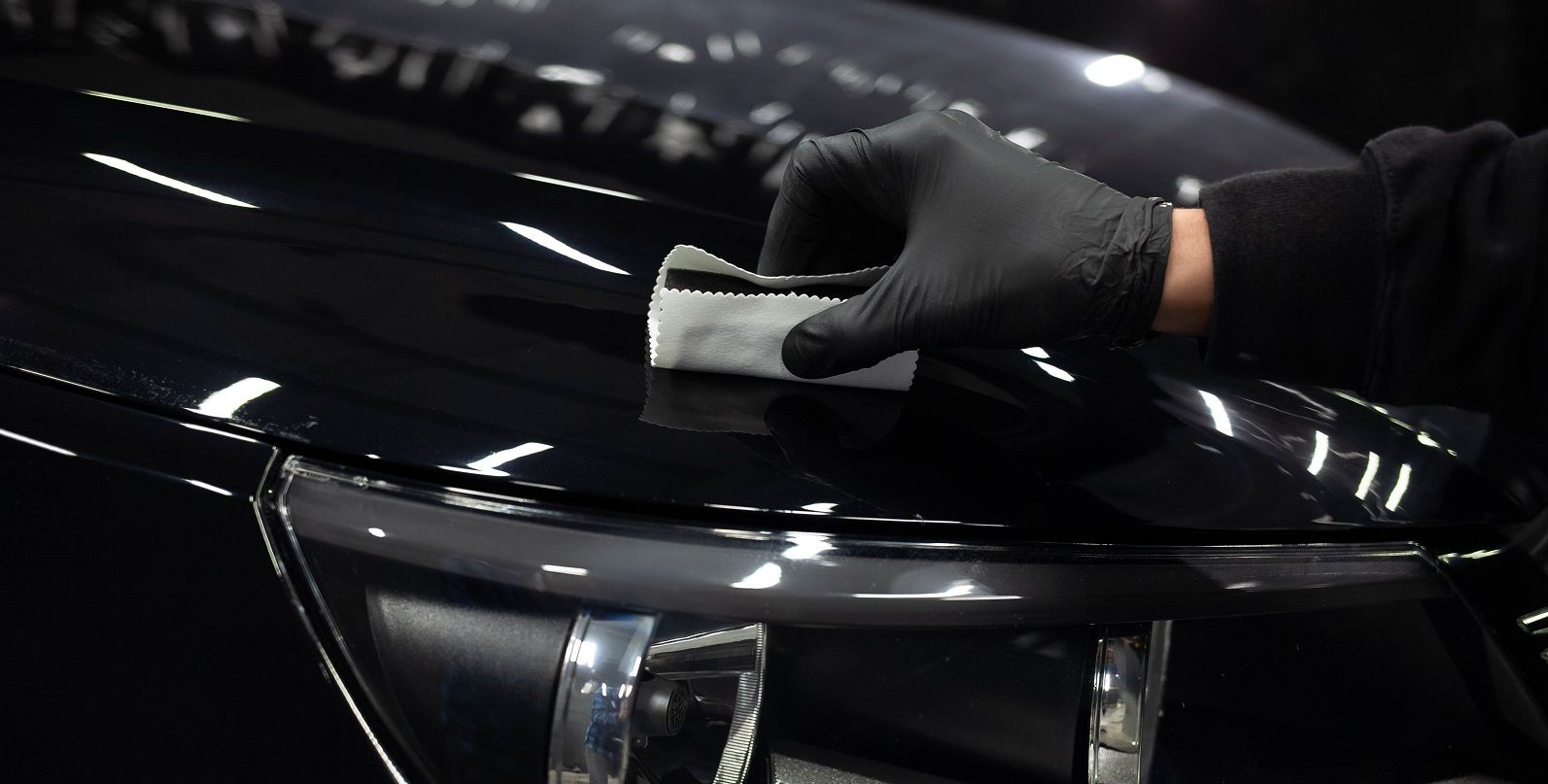
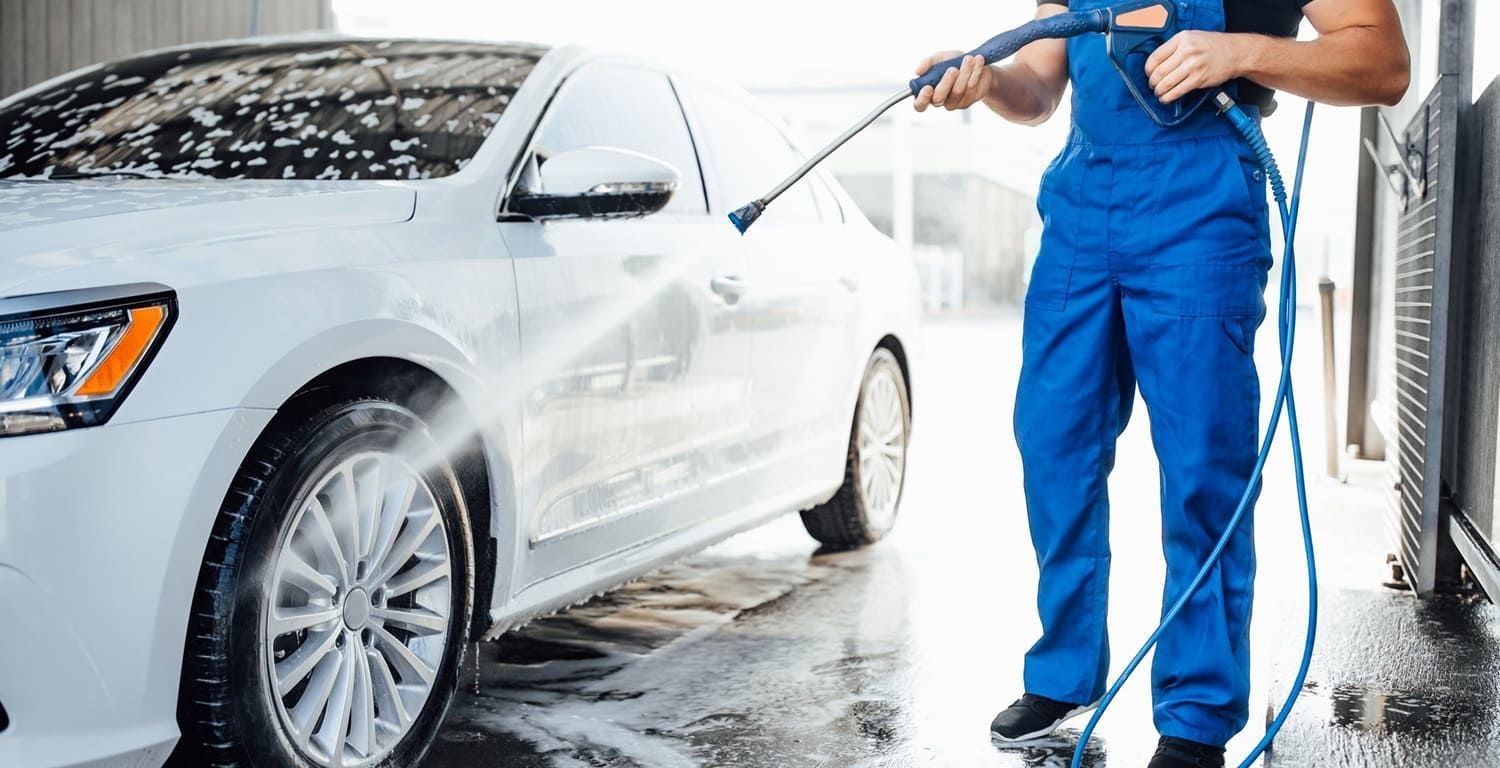
All Rights Reserved | Solartex Window Tinting



